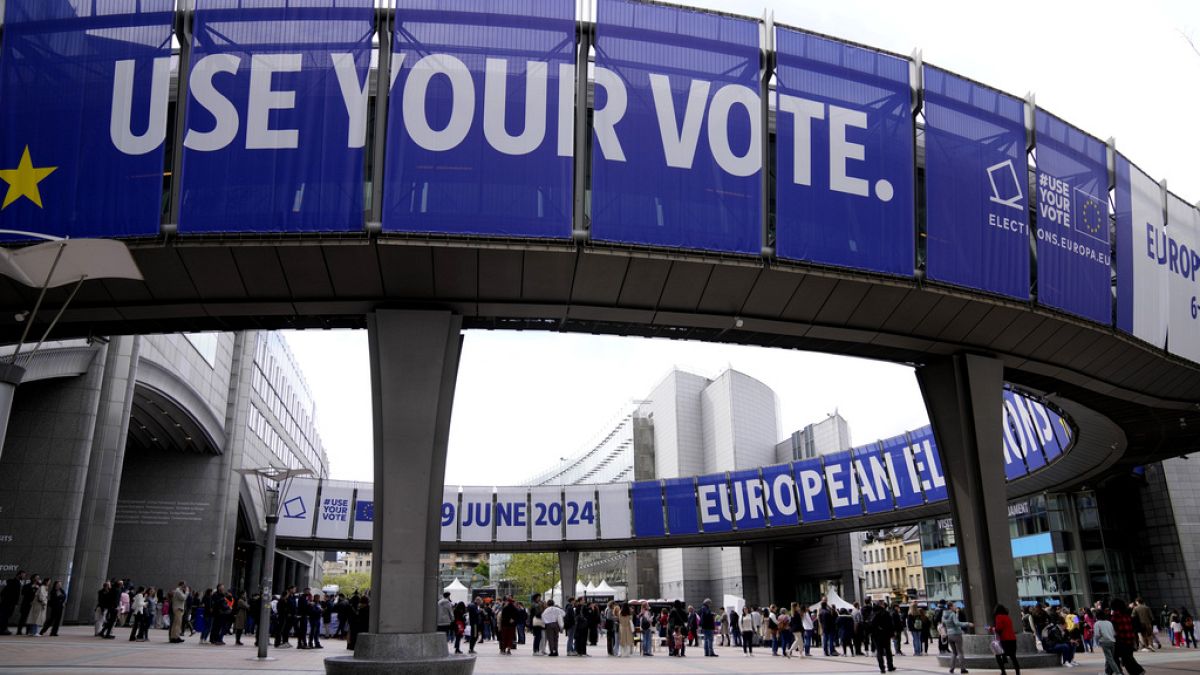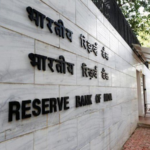In Central and Eastern European countries like Slovakia, Poland, and the Czech Republic, recent statistics reveal that a significant portion of the population is being exposed to misinformation online. The Central European Digital Media Observatory reported that around 45% of Czechs and 58% of Slovaks encountered false narratives in the first quarter of 2024. In Poland, up to 84% of individuals have come across fake news, with nine out of 10 respondents believing at least one piece of false information. These alarming figures underscore the urgent need to address the spread of misinformation, particularly as the European elections approach.
The proximity of Central and Eastern European countries to Russia puts them at a higher risk of being targeted with disinformation campaigns. Dr. Péter Krekó from the Hungarian Digital Media Observatory highlighted Russia’s historical role as a source of pro-Russian narratives and emphasized the influence of communist, pro-Soviet regimes that once governed the region. While pro-Russian misinformation is prevalent, false narratives surrounding various topics such as the war in Ukraine, climate change, immigration, and public health also circulate widely. Experts warn that far-right groups often promote these fake news stories, especially during election periods.
In the age of social media dominance, individuals have become more passive consumers of information, leading to increased vulnerability to disinformation. Dr. Robert Rajczyk from the University of Silesia in Katowice noted the shift from ‘homo sapiens’ to ‘homo videns,’ where individuals primarily consume visual content. Malicious actors may take advantage of this trend by launching micro-campaigns using AI and micro-targeting strategies to influence potential voters. Additionally, political players are investing heavily in advertising campaigns on platforms like Facebook and YouTube, further spreading misinformation to manipulate public opinion.
Despite the prevalence of fake news, there are steps individuals can take to protect themselves and others from falling victim to misinformation. Rajczyk suggests relying on reliable sources of information such as mainstream media and fact-checking websites to verify the accuracy of news stories. Media literacy, education, and critical thinking are essential tools in combating disinformation, particularly during election periods when false narratives tend to proliferate. By engaging actively in political life and learning to use social media responsibly, individuals can better discern between credible information and misinformation circulating online.
As the European elections draw near, it is crucial for individuals to be cautious and discerning when consuming news and information online. Rajczyk advises adopting a habit of checking and fact-checking sensational or shocking news stories before sharing them with others. By taking the time to critically evaluate information, individuals can play a role in curbing the spread of misinformation and safeguarding the integrity of the democratic process. With a combination of media literacy, critical thinking, and responsible social media usage, individuals can navigate the digital landscape more effectively and protect themselves from falling prey to fake news.











